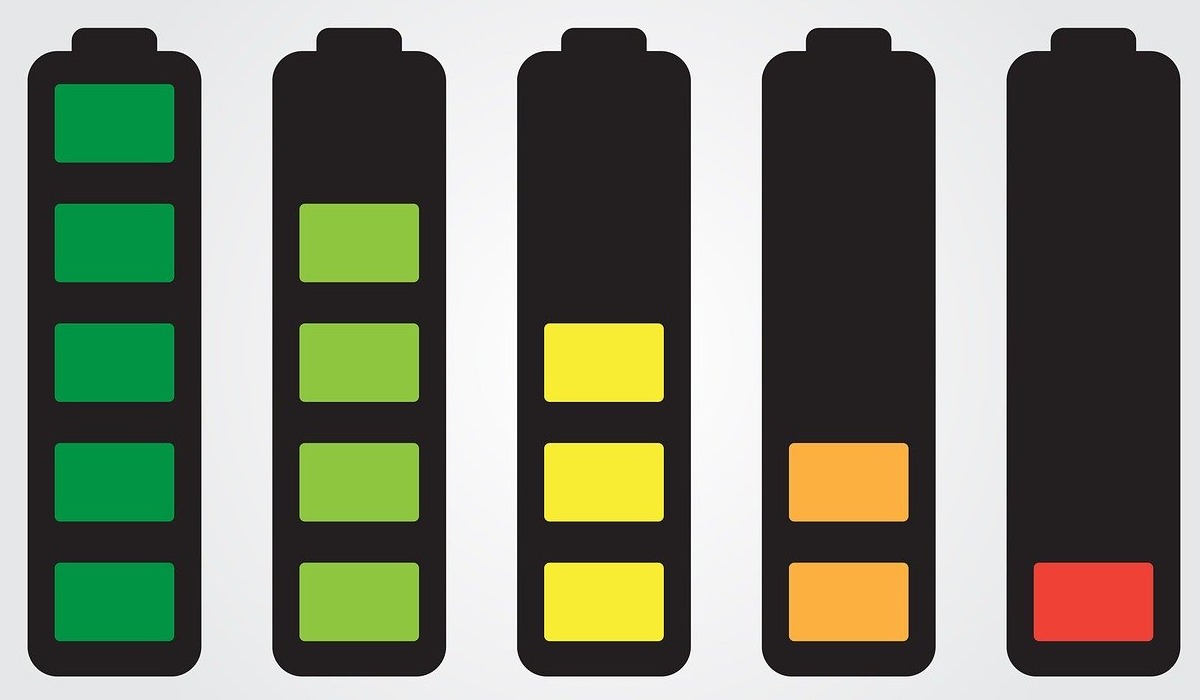Reducing Environmental Impact: Developments in Manufacturing & Battery Reuse
 The rapid development of new technology and manufacturing techniques is making a significant impact. Not only do we have electric cars, faster laptops, and handheld devices, but we also have the power to produce these things quickly and efficiently.
The rapid development of new technology and manufacturing techniques is making a significant impact. Not only do we have electric cars, faster laptops, and handheld devices, but we also have the power to produce these things quickly and efficiently.
As demand increases, so too does the need to meet it sustainably.
Researchers are looking into ways to make computer manufacturing more sustainable and to power vehicles to run off solar power storage.
A team at Harvard University has found that our current production of devices that we depend on affects our overall carbon footprint. To address this pressing issue, the researchers from the university’s school of engineering are collaborating with representatives of Facebook and Arizona State. The group is assessing the carbon footprint and what initiatives we need to implement on the manufacturing side to grow sustainably, accounting for the full lifecycle of computing devices.
That highlights one of the challenges for creating a more sustainable future. Every aspect of a device—from how the materials are sourced, to how the device is manufactured and ultimately used—contributes to its environmental impact.
Take batteries. There’s no question that improving battery technology represents a path forward for more zero-emission vehicles. The only problem is that batteries are expensive to manufacture and costly to the environment. They also don't always have a long lifespan, and we are still seeking the most efficient solution for reusing and recycling old batteries.
However, a research team at Utah State University may have found one. Led by USU assistant professor of electrical and computer engineering Hongjie Wang, the team’s goal is to convert discarded EV batteries into storage units for solar power. The development could reduce solar costs by as much as 50%.
"There's still a lot of capacity there, but it's not preferred for the EV application," said Wang of the EV batteries. "We can use that remaining capacity for other applications. With solar energy, you don't have a mileage problem—you just need to provide enough energy storage."
Such breakthroughs reflect the forward-thinking necessary for a sustainable future. We need to reconsider everything that goes into our devices, including the sourcing and manufacturing.


